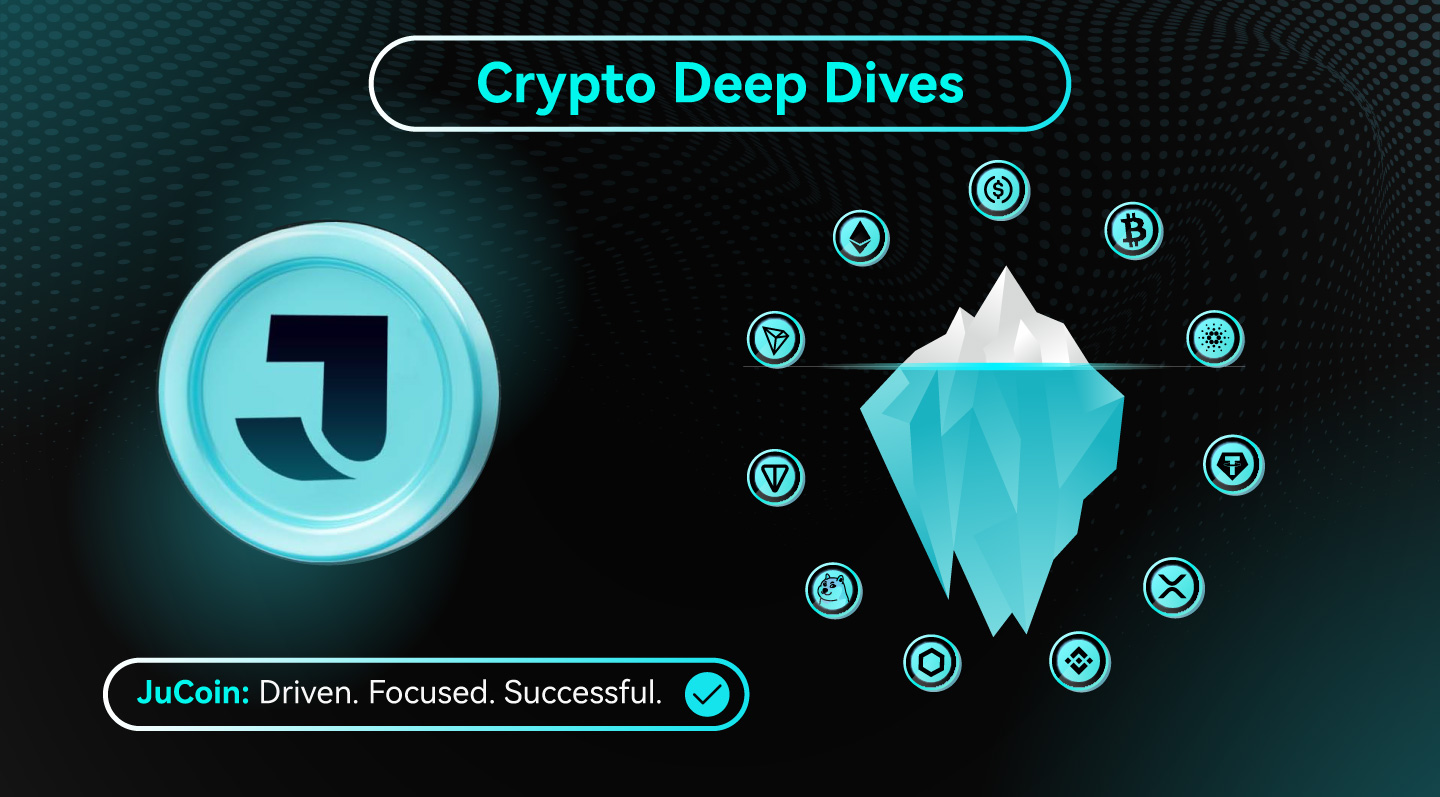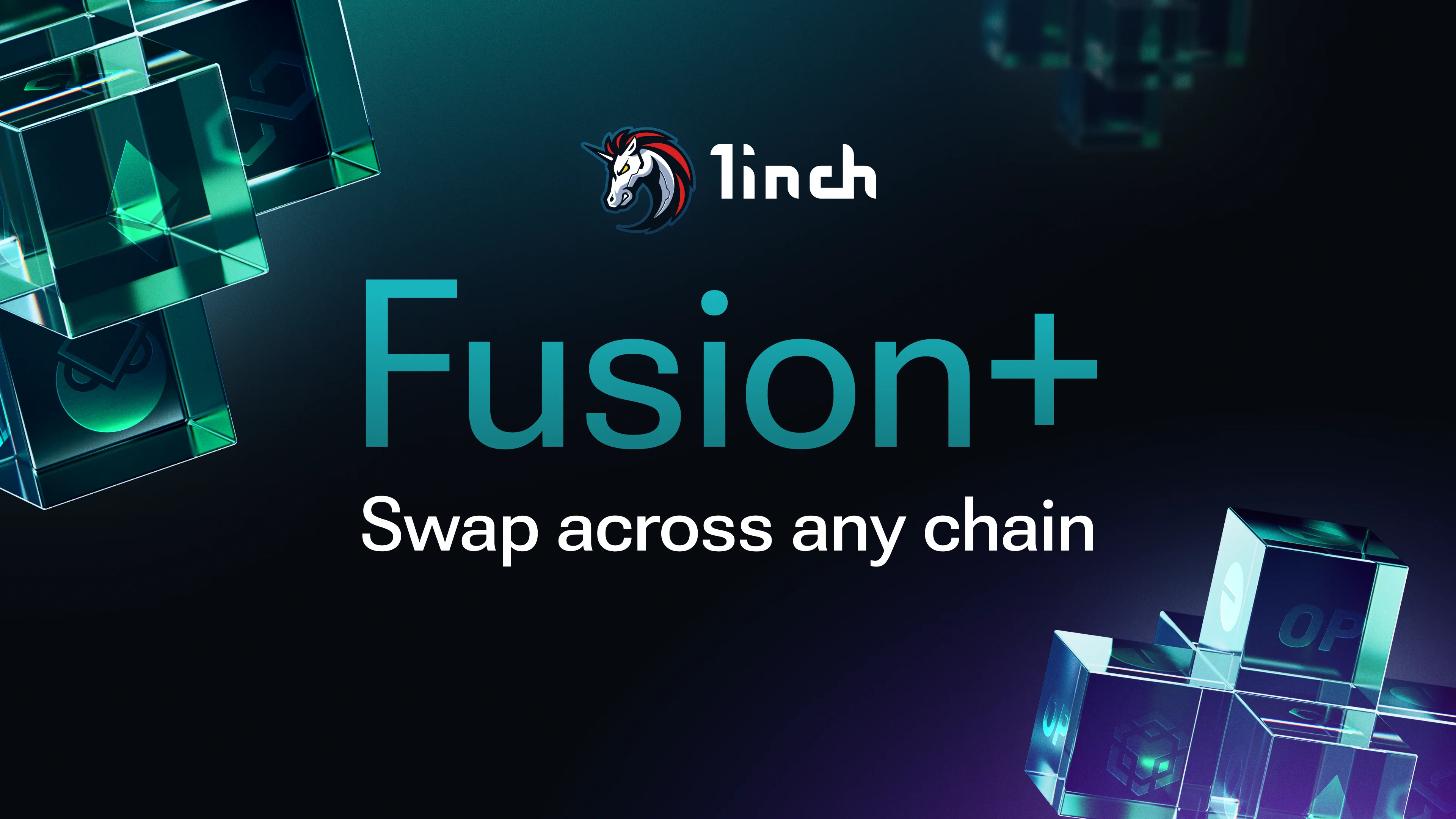
Key Takeaways
- 1inch Fusion Atomic Swap Protocol is emerging as a top solution for secure, efficient cross-chain token swaps in DeFi, increasingly seen as a benchmark for next-generation interoperability.
- Fusion+ addresses key interoperability and user experience challenges by combining atomic swap security with intent-based order models and decentralized resolver competition, making 1inch Fusion a first-mover in merging atomic and intent-based paradigms.
- Since its launch, the protocol has seen strong adoption and significant transaction volumes, especially through direct wallet and DeFi dApp integrations, but must continue evolving to address security and scalability concerns in a fast-changing landscape.
As cross-chain interoperability becomes a core issue in the blockchain space, 1inch (1INCH) Fusion Atomic Swap Protocol, operational as Fusion+, is drawing attention as a new standard for token swaps across Layer 1 and Layer 2 networks. Fusion’s unique architecture is rapidly being adopted by top wallet providers and DeFi applications, positioning it as a central piece of the modern cross-chain DeFi stack. This Crypto Deep Dives article explores Fusion+’s design, adoption, and outlook, based on the protocol’s white paper, latest product updates, and industry commentary as of July 2025.
Overview: Bridging Blockchains in DeFi
The growth of DeFi has accelerated the need for seamless, secure, and decentralized swaps across different blockchains. Yet most Layer 1 networks (such as Ethereum and Solana) remain isolated, while bridges, often centralized and vulnerable, have failed to provide both robust security and ease of use. 1inch Fusion’s Atomic Swap Protocol seeks to eliminate these barriers, enabling trustless cross-chain swaps while prioritizing user experience.

How Fusion+ Works: A Hybrid Model
Fusion+ combines the proven security of atomic swaps (using hashlocks and timelocks) with an intent-based order model and decentralized competition among “resolvers” (liquidity providers). This approach delivers several unique features and forms the core innovation that sets 1inch Fusion apart from competitors:
- Trustless Security: All swaps use smart contracts, eliminating the need for centralized custodians or bridges. Escrow contracts with HTLCs (Hash Time-Locked Contracts) guarantee atomic settlement—either the entire swap completes or nothing happens.
- Intent-Based Orders: Users (makers) simply sign a Fusion order. Specialized takers (“resolvers”) handle the technical details, making the experience far more user-friendly and further establishing 1inch Fusion’s intent-centric architecture.
- Dutch Auction Pricing: Each order uses a Dutch auction to optimize rates, adjusting for market conditions and network gas volatility.
- Decentralized Liquidity Aggregation: Multiple resolvers, subject to KYC/KYB, compete to fill orders, ensuring liquidity and decentralization. If an order party is unresponsive, a resolver can step in to complete the swap.
- Partial Fills and MEV Protection: The protocol supports splitting orders (using a Merkle tree of secrets), minimizing price impact, and offering built-in protection against frontrunning and sandwich attacks.
Adoption and Current Status
Since its full deployment as Fusion+ in November 2024, 1inch Fusion has processed millions in cross-chain swap volume. Fusion’s integration with leading wallet providers—such as Ledger, MetaMask, Trust Wallet, DeFi Llama, and Trezor—has made it one of the most widely used atomic swap backends for DeFi users globally. Notably, over 50% of cross-chain swaps among supported dApps now utilize 1inch Fusion’s API (according to industry estimates for July 2025), underlining its rapid ascent as a DeFi infrastructure standard.
- No gas fees for end users during swaps, with cost savings averaging around 9.5% compared to alternatives.
- Lightning-fast swaps with low price impact, suitable for both DeFi tokens and rare coins via custom endpoints.
- DAO governance of parameters such as maximum swap amounts and resolver fees, ensuring community control and adaptability.
Security and Decentralization: A Balancing Act
The 1inch Fusion Atomic Swap Protocol tackles several persistent challenges:
- Security Risks: Trustless, self-custodial swaps dramatically reduce bridge vulnerabilities and attack surfaces. Finality timelocks and whitelisted resolvers add further protection against chain reorganizations and bad actors.
- Infrastructure Complexity: Fusion+ is designed for multi-chain compatibility, supporting both Layer 1 and Layer 2 networks atop 1inch’s intent-based protocols. This architecture reduces the friction of managing assets across different blockchains.
- Centralization Trade-offs: While KYC/KYB for resolvers introduces a degree of centralization, it’s still far less centralized than most current bridges. The platform’s hybrid model—leveraging both decentralized resolvers and, where appropriate, centralized bridges—aims to optimize for both security and efficiency.
Comparison with Competing Protocols
Fusion+ stands out among cross-chain solutions, including Polygon Labs’ AggLayer, by focusing on atomic swap security and decentralization. Features like resolver competition and Dutch auction pricing further differentiate 1inch Fusion, while direct integration with leading DeFi applications cements its role as a core infrastructure layer for swaps. Market share among cross-chain swaps is trending upwards for Fusion+ as of mid-2025.
Future Outlook and Ongoing Challenges
While Fusion+ has established itself as a leader in cross-chain swaps, the landscape remains complex. Sustained growth will depend on the protocol’s ability to:
- Maintain robust security in the face of emerging attack vectors.
- Scale efficiently as demand and transaction volumes increase.
- Adapt governance and parameters as the industry evolves, balancing decentralization with practical performance.
The ongoing debate over hybrid approaches—combining decentralized resolvers with centralized bridge integrations—will be central to the next phase of cross-chain DeFi development.
Is Fusion the New Era for Cross-Chain Swaps?
The 1inch Network’s Fusion Atomic Swap Protocol represents a significant leap forward in addressing the persistent interoperability and user experience issues in decentralized finance. Its trustless, intent-based design is already showing strong adoption and efficiency—Fusion is now one of the most visible protocols in the cross-chain swap market. However, as competition increases and new security challenges emerge, the protocol’s evolution and adaptability will determine whether it can set the standard for the next generation of DeFi swaps.






